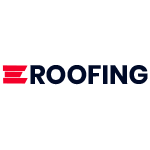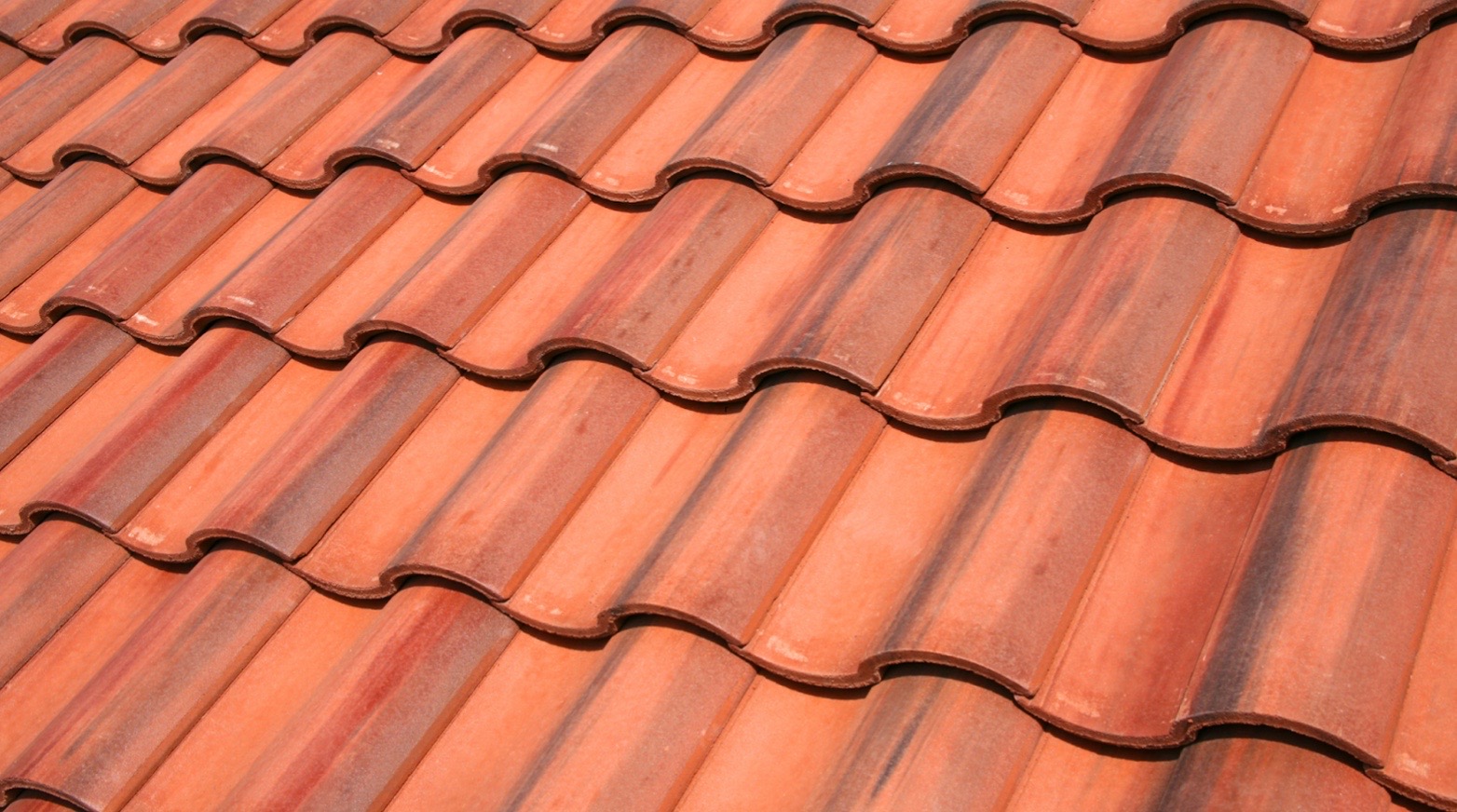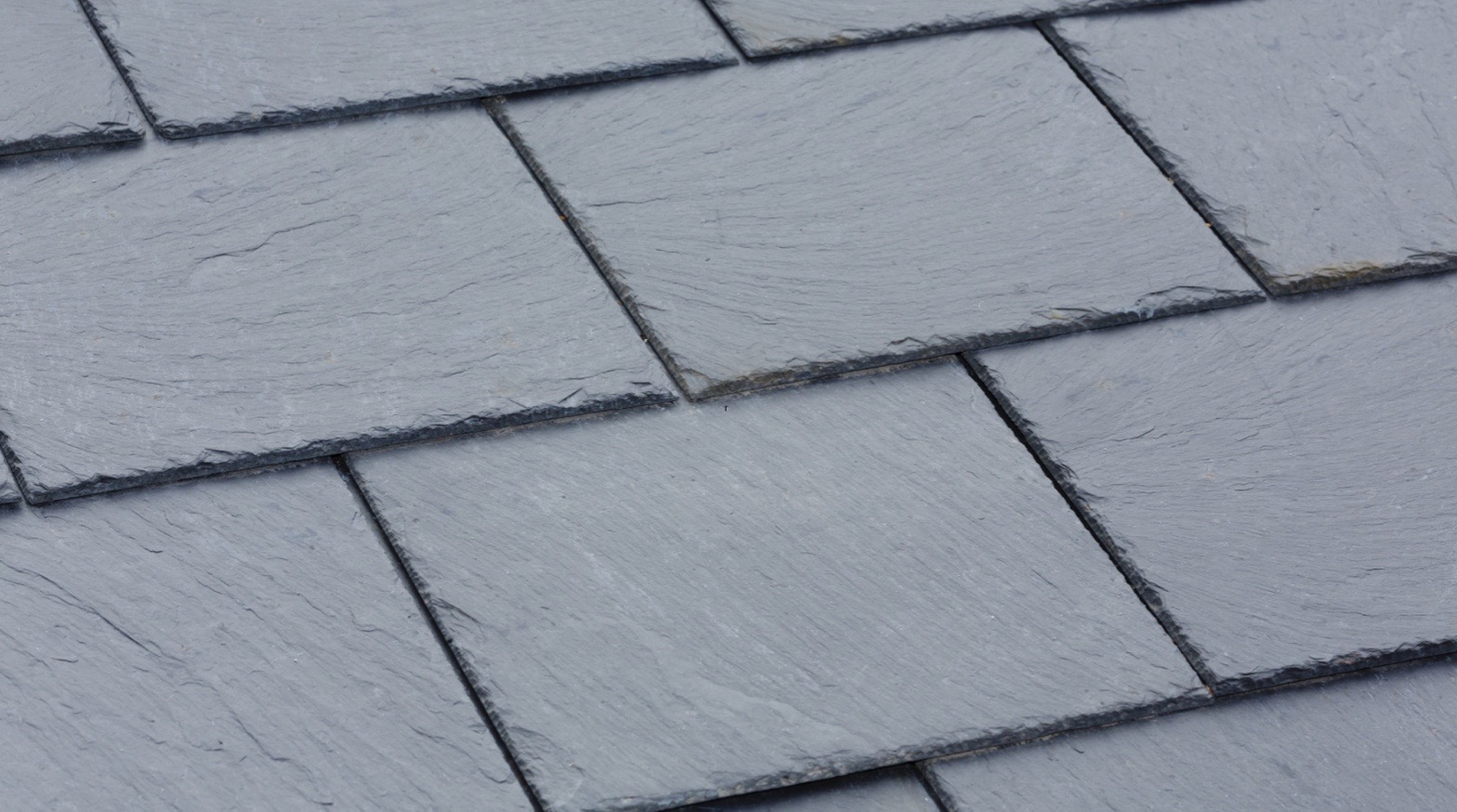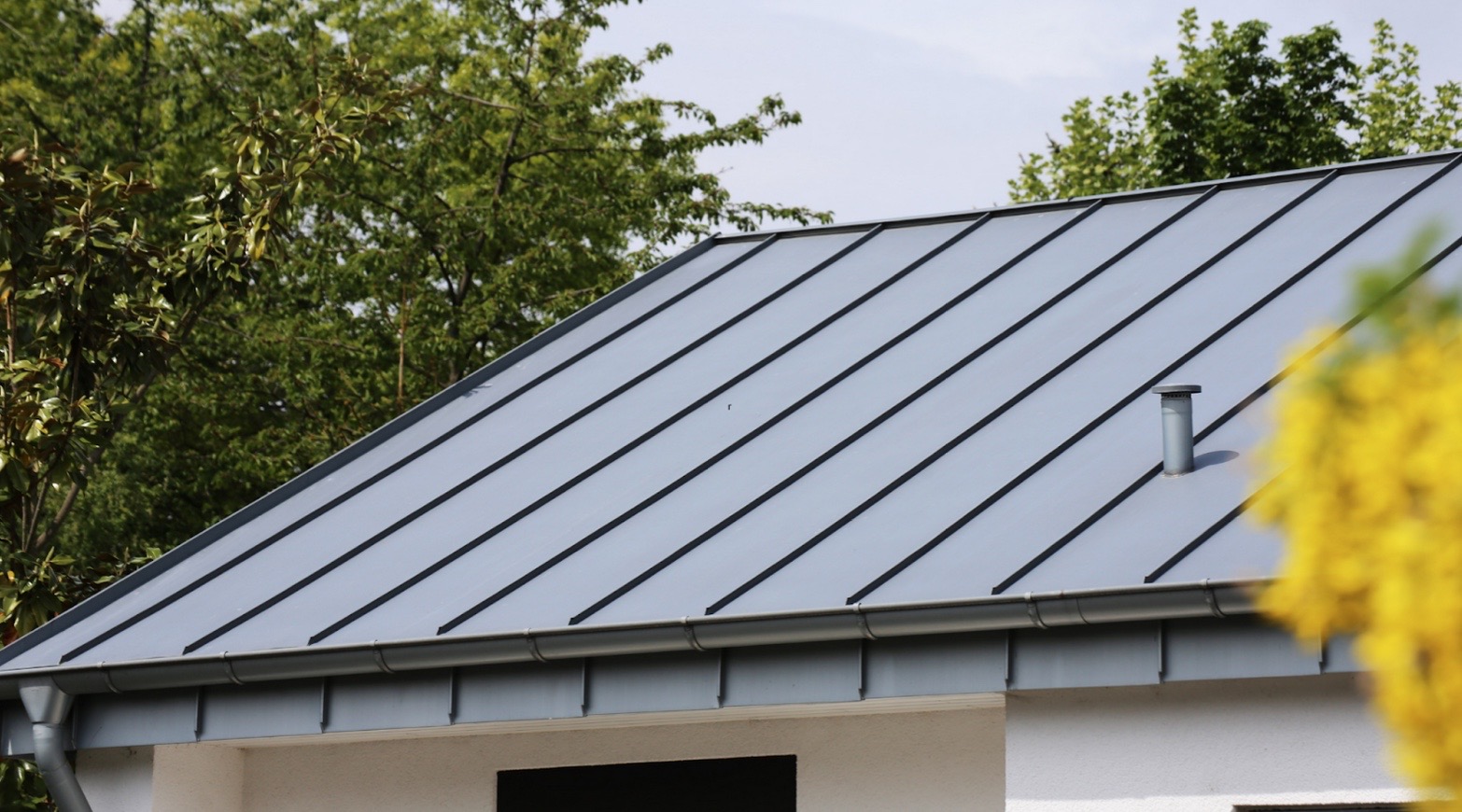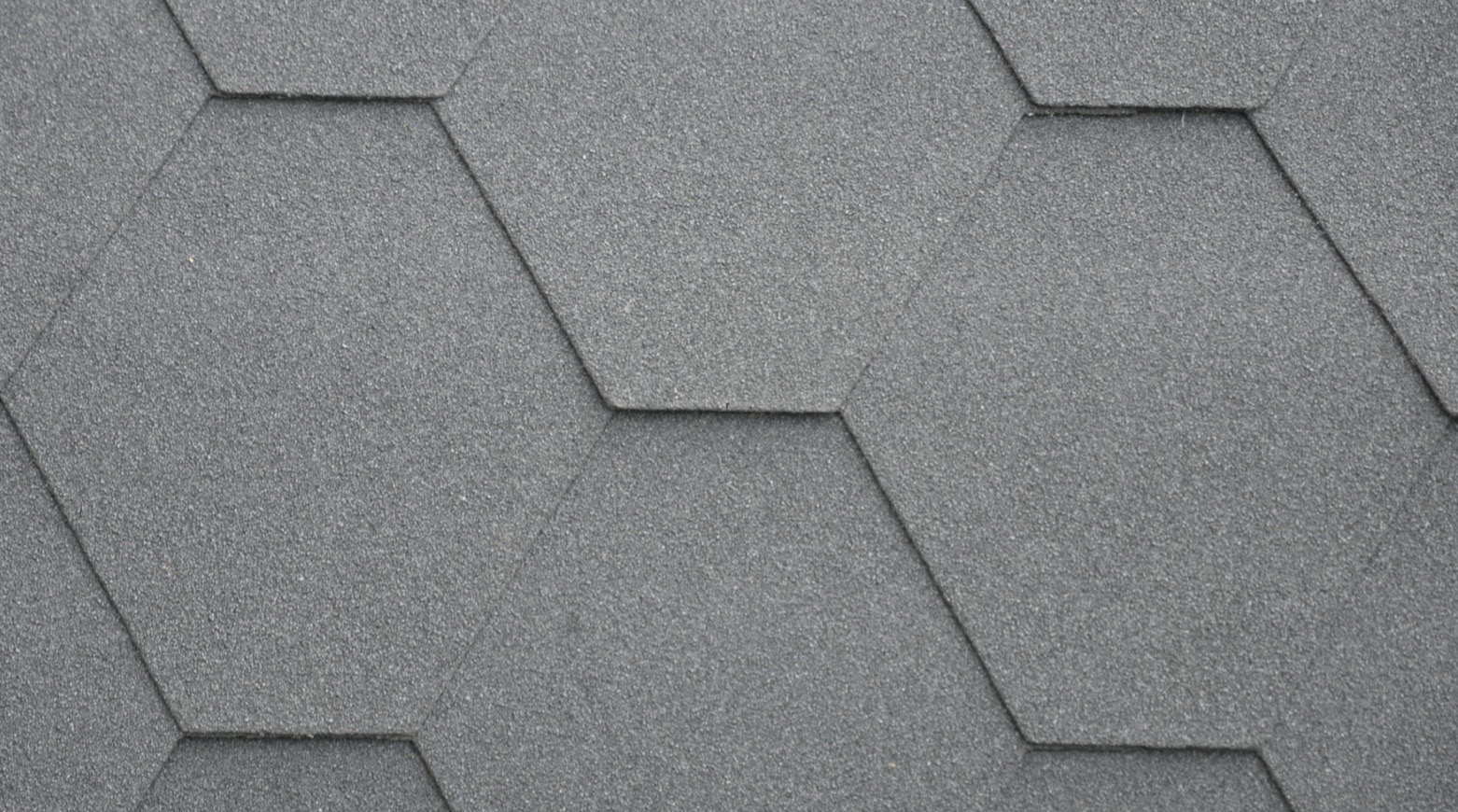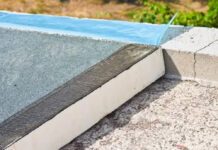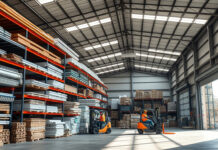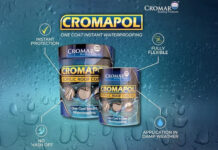Living by the UK’s beautiful coast gives you the perfect combination of sea, sand and quaint villages—but it’s not without drawbacks. It also means your home regularly faces tough weather conditions, from strong winds to salty air. Choosing the right roofing material is essential for protecting your home from extreme weather conditions and keeping it looking good.
In this guide, we’ll help you pick the best roofing materials for coastal homes, focusing on durability and design. Whether you’re updating an old seaside cottage or building a new home, we’ll make sure your roof is ready to stand up to the sea’s challenges.
The biggest risks to coastal properties in the UK
With its notoriously volatile climate, the UK sees a lot of rainfall, storms and flooding each year, but the main risks for coastal properties are sea salt spray and high winds. Both can cause severe property damage:
- High Winds: Winds are usually stronger over the ocean than on land, so coastal properties experience more damage during storms. Structural problems, broken windows and broken roofs are common in coastal areas.
- Sea Salt Spray: Salt is corrosive, and properties near the sea might experience sea salt spray during high winds. Over time, the salt can gradually wear down materials, causing damage to the roof and making it more susceptible to holes and missing tiles.
Failing to choose durable roofing materials could lead to early replacements. The average cost of a roof replacement ranges from £3,000 to over £14,000 – depending on the style you choose – so selecting the right materials today can save you a lot of money later on.
The best roofing materials for your coastal home
UK property owners have a range of roofing materials to choose from at all price points. When selecting your materials, remember to consider which will offer the most durability and serve as the best solution for your property’s unique needs.
Tile roofing
Tile roofs are popular in the UK because they’re affordable, easy to install, and made of different materials, including concrete, ceramic, and clay. Professional roofers arrange the tiles in overlapping patterns, adding more protection to the roofing system’s surface.
Pros:
- Weatherproofing: Tiles use an overlapping design that prevents water from penetrating through the roof, decreasing the risks of leaks. They’re also resistant to high winds, snow and even hail.
- Longevity: When the tiles are supplied and installed by a roofing specialist, they can last for decades, saving a lot of money.
- Fireproof: Choosing concrete or clay tiles also protects your property from fires. The materials have superior fireproofing features that can prevent flames from spreading.
Cons:
- Costs: Tiles can be expensive, and installing them requires specialist knowledge. Their overlapping design also takes more time, resulting in higher costs.
- Weight: Older buildings might not be able to support tile roofs, as they can be heavy and put more pressure on structural components.
Slate roofing
Known for its natural beauty and longevity, slate is an excellent choice for coastal properties. Manufacturers use metamorphic rocks to create slate tiles, which are then installed onto the roof, creating a durable and eye-catching finish.
Pros:
- Eco-Friendly: Slate tiles come from natural rocks, making them a highly sustainable option. When they reach the end of their lifespan, it’s possible to recycle them.
- Longevity: When installed correctly, a slate roof can last for up to a century. If you’re looking for a low-maintenance solution, the resistant properties of slate tiles require minimal care.
- Insulation: Slate tiles have excellent thermal properties, which prevent cold air from entering your property and reduce your reliance on artificial heating.
Cons:
- Costs: Slate is a more expensive material, so you will need to budget for it. However, its lifespan and ease of upkeep usually justify the outright expense.
- Breakages: Slate tiles are highly durable when installed on your roof, but heavy foot traffic or excess weight can cause them to break.
Metal roofs
Due to technological advances, metal roofs are growing in popularity. The range of colours and styles makes them ideal for contemporary and traditional coastal properties, with aluminium and steel being the go-to materials.
Pros:
- Lightweight: While other materials require seamless structural integrity, metal roofing systems are lightweight, making them suitable for various homes.
- Durability: A metal roof can last up to 50 years, protecting properties from heavy winds, rain, and snow.
- Efficiency: With reflective properties, metal roofs can keep homes cool in the summer. Some systems also have insulation, ensuring they retain heat during the winter.
Cons:
- Noise Issues: Metal roofs without proper insulation can be noisy – especially during heavy rainfall and hail.
- Aesthetic Appeal: While metal roofs come in multiple designs today, some people find them lacking the appeal of tiles and slate.
Bitumen roofs
Homes with flat or low-pitched roofing systems can upgrade to bitumen (built-up) or asphalt roofing systems. These roofs are becoming more popular as evolving technologies enhance their waterproofing abilities.
Pros:
- Waterproofing: Bitumen roofs utilise multiple layers to protect the property against water. Their unique design can also handle heavy rainfall that accumulates over time.
- Affordability: If you’re on a budget, flat roofs are cost-effective as they take less time to install.
- Low Maintenance: Installing a bitumen roof means you only have to perform periodic checks.
Cons:
- Sensitivity: Bitumen roofing systems are durable but can weaken in extreme heat and become brittle in freezing temperatures.
- Potential Damage: Flat roofs are easy to install but require a professional roofing service, as minor errors can cause leaks.
The bottom line
Whether slate, tiles, or metal, these roofing materials are safe solutions for coastal properties. The right choice for you depends on your budget, how long you want the roof to last, and the style of your home.
Properties with pitched roofing systems can use slate, tile or metal materials, while bitumen is the best solution for flat roofs. All roofs are an investment, but they ensure you can enjoy your coastal property without worrying about weather damage.
E-Roofing is your trusted provider of roofing solutions, including sheets and other materials. We offer excellent prices and a reputable service, with experts on hand to answer any questions. Please get in touch today if you require support.
